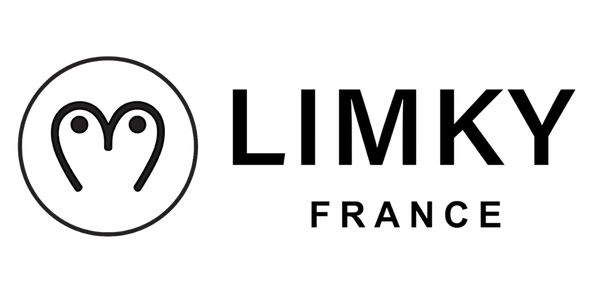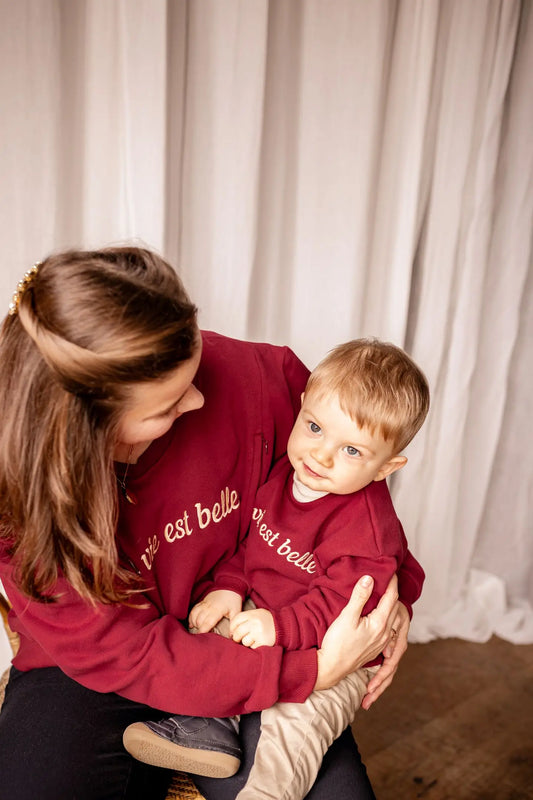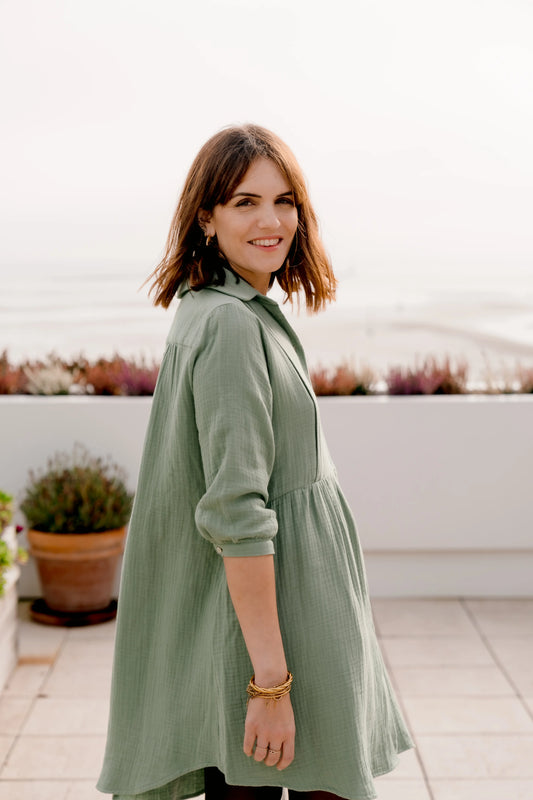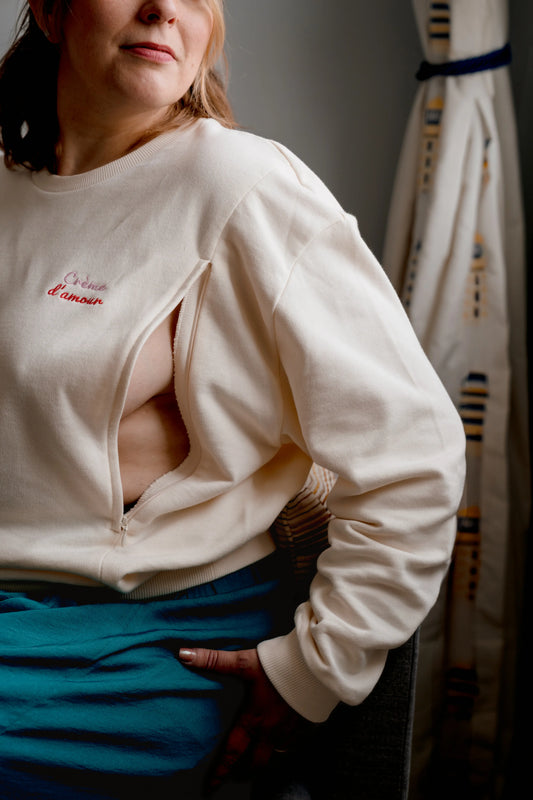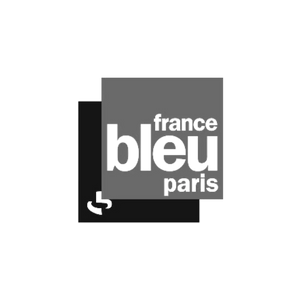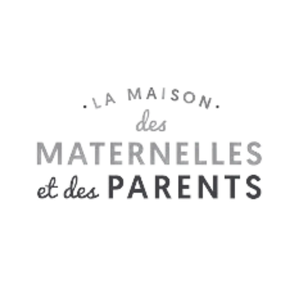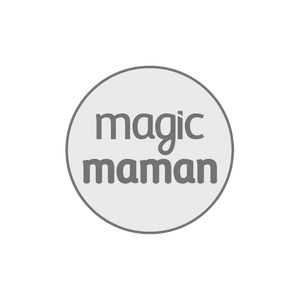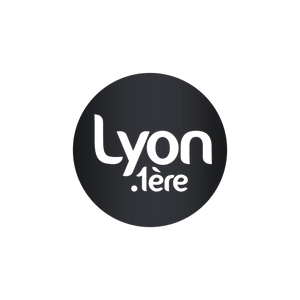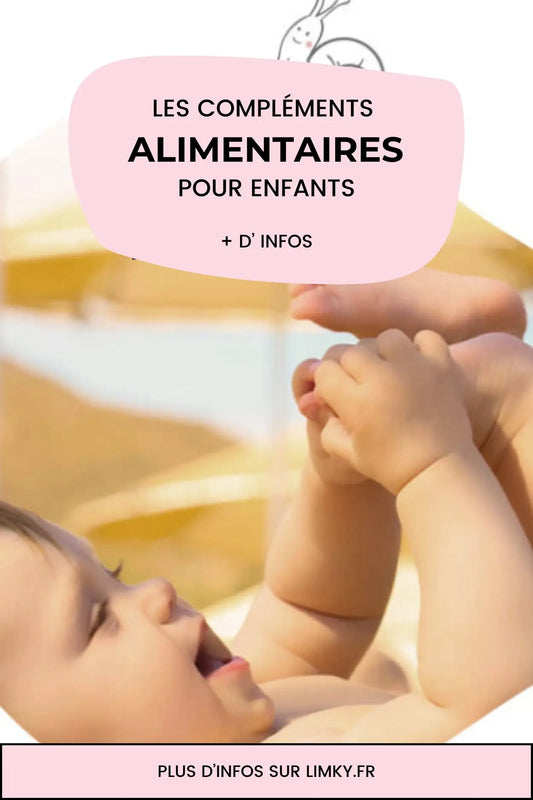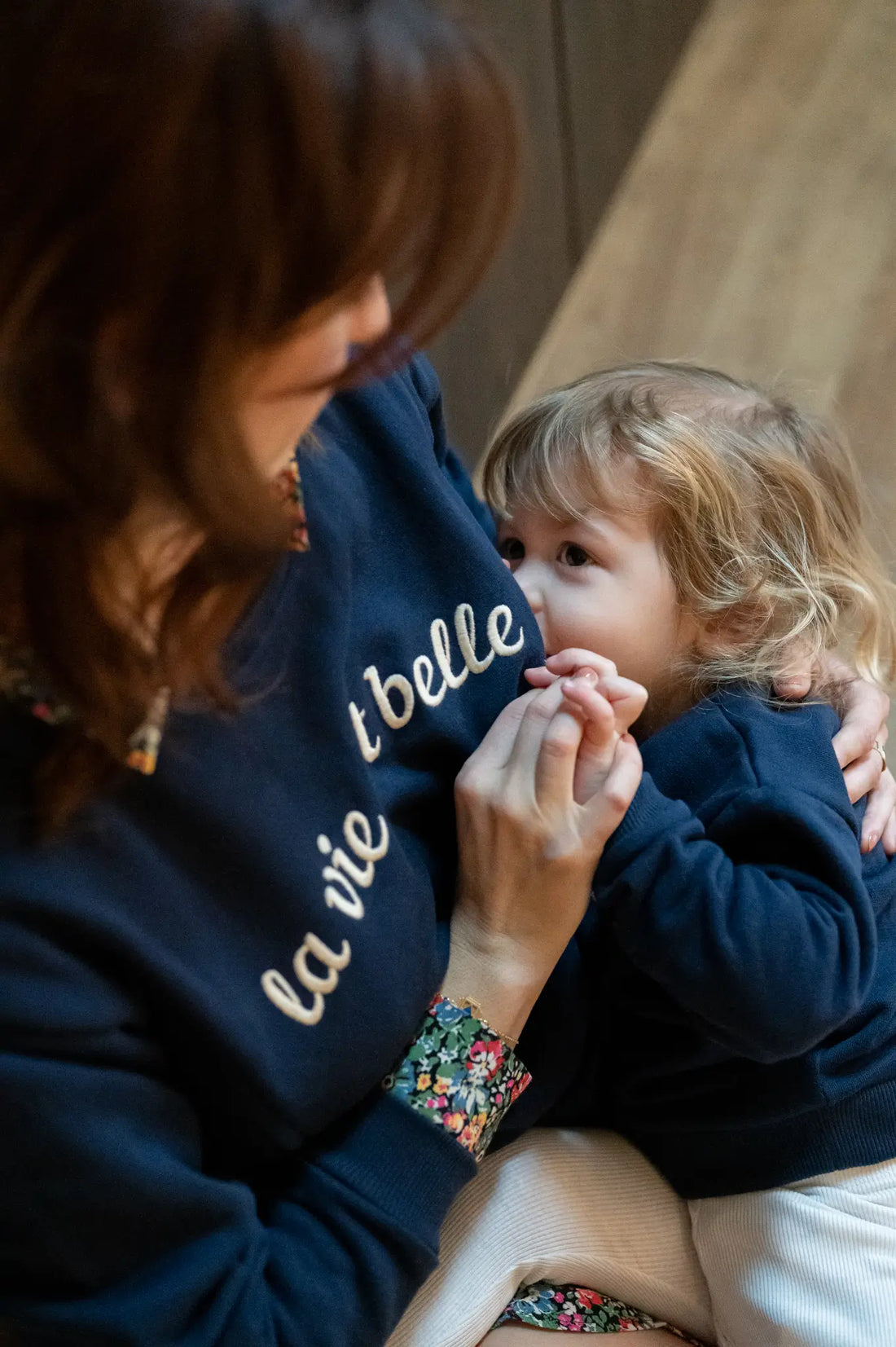
What is exclusive breastfeeding?
Share
Introduction
Exclusive breastfeeding means that your baby receives no other food or drink (including water) other than breast milk, whether from the breast, expressed milk, or milk from the milk bank . Your baby may receive vitamins and minerals when needed.
In May 2001, the World Health Organization (WHO) recommended exclusive breastfeeding for the first 6 months of life, and continued breastfeeding until the age of 2 years, or even beyond depending on the mother's wishes (WHO, 2001).
BREAST MILK IS THE OPTIMAL FOOD FOR YOUR BABY
The composition of breast milk is always of optimal quality and adapted to your baby. These compounds include proteins, lipids, lactose, but also antibodies, prebiotics, probiotics, amino acids, minerals, vitamins, etc. And many other compounds that your baby needs to grow and develop well. Thanks to the antibodies present in your milk, breastfeeding protects against all kinds of infections, such as lung diseases, gastrointestinal infections, and many other diseases.
Breastfeed immediately (usually within half an hour to two hours after birth).
Your baby is continuously fed in your uterus, the more your baby has access to the breast , the easier it will be for your milk production to start.
The best way to start breastfeeding is to start as early as possible to encourage early feedings which allow baby to benefit from colostrum , this first milk very rich in antibodies and growth factors.
If, for some reason, you are separated from your baby at birth, or if your baby is unable to breastfeed, you can manually express colostrum until the baby can be latched on.
FEEDING RHYTHM
No need for a watch, nor to try to regulate the intervals between feedings!
Baby feeds on demand.
Baby feeds at will, which will allow him to grow well, gain weight and your lactation to get going . The frequency of feedings allows you to increase and maintain your milk production.
A breastfed baby feeds between 8 and 12 times per 24 hours. Some babies can feed more. However, it's important to know that babies' feeding needs vary from one baby to another, from one day to the next, and from one feeding to the next.
The number of feedings changes according to the needs of babies and their development.
Another important thing to know is that breast milk is digested quickly, and your baby will want to breastfeed regularly!
But then how do you know when your baby has had enough?
Does your baby wet his diapers regularly and abundantly? Is he healthy? Is his growth optimal? Then everything is fine!!
INTRODUCTION OF SOLIDS
As mentioned in the introduction, in May 2001 the World Health Organization (WHO) recommended exclusive breastfeeding for the first 6 months of life, and continued breastfeeding until the age of 2 years, or even beyond depending on the mother's wishes (WHO, 2001).
But when should you introduce solid foods ?
When your baby is ready!
Can your baby stay in a sitting position? Is he stable?
Is he interested in food? Does he try to catch it and put it in his mouth?
Does he have good eye, hand, and mouth coordination?
- Breast milk is the main source of nutrition throughout a baby's first year.
- If you decide to introduce solid foods before 6 months of age, consult your doctor or pediatrician to discuss it.
Remember: When you exclusively breastfeed your baby, you only give him or her breast milk, whether from the breast, expressed milk, or milk from the milk bank.
- When you exclusively breastfeed your baby , you only give your baby breast milk and no other liquids or foods. Your baby can receive vitamins and minerals when needed.
- Breast milk is the best food for your baby. It contains everything a newborn needs, and it evolves according to these needs and development. Breast milk helps protect your baby from illness and promotes healthy and optimal growth and development.
- Breastfeeding is a natural process that has been practiced throughout the world since the dawn of time. From the first hour of life, babies are able to suckle, coordinate sucking, swallowing, breathing, and are able to suckle while drowsy, as long as they are at the right address. It is important for breastfeeding mothers to trust themselves, listen to themselves, take the time to observe their little one, and avoid listening to advice from a good friend, neighbor, aunt, etc., which can be negative. If the beginnings of breastfeeding are complicated, it is important to be well supported and have the right information to get off to a good start with breastfeeding.
- You probably already know that breastfeeding promotes the bond between mother and child. Your body releases oxytocin during breastfeeding , which makes both mom and baby happier and builds mutual trust over time. Plus, there's nothing quite like snuggling up to your sweet-smelling little one. If that sounds appealing, go ahead and start today!
If you want to discover the benefits of exclusive breastfeeding, I invite you to discover the article here.
Conclusion
Breast milk is the best and most optimal food for your baby. If you have any questions or concerns, it's important to consult professionals trained in breastfeeding.
